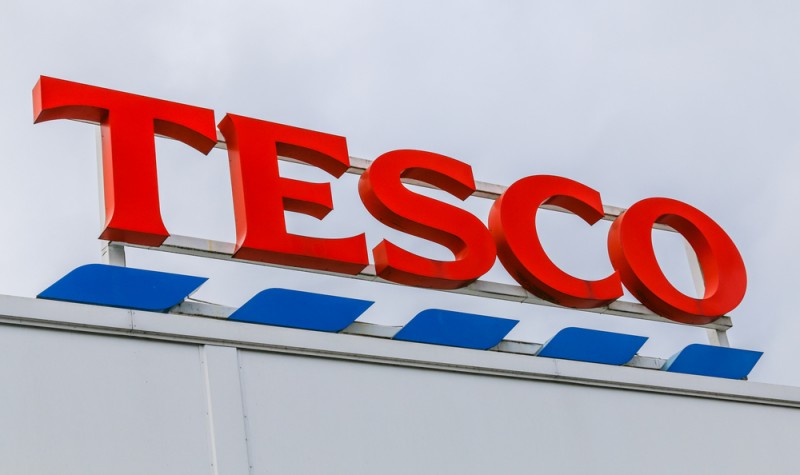Tesco’s “Drastic” £6.4bn Loss

I have to state that even at the start of the era of the present brand of corporate structure with the cult of CEO, the human resources departments, core and non core business, and all the other phoney transatlantic phrases and concepts which are bandied about, it can be seen from the recent history of Tesco that if a company is up the creek without a paddle, rescuing it can still be one of the more challenging things to do in life.
Put simply, it is all very well to serve up 10 Day MBA style magic bullets to a company which is in need of a few tweaks here and there with regard to a division which is underperforming, and perhaps a little bloodletting amongst the staff. But faced with structural issues no amount of smoke and mirrors can save a business which has gone ex growth or indeed, slipped into terminal decline.
I will illustrate what I mean with a few examples of the jargon. For instance, getting rid of “non core” businesses sounds like a plan. Unfortunately, more often than not, non core simply means “not making money.” The problem that Dave “Drastic” Lewis has in terms of being CEO of Tesco (TSCO) is the way that he has a boat which is suffering from too many leaks to be plugged. Even if they were all plugged there would still not necessarily be a growth business lurking underneath. It does very much seem that Tesco’s best days are behind it.
Of course, the implication here has been that given an appropriate shakeout we should see the UK’s number one grocer continue its upward trajectory. In the wake of the latest update from the grocer there have been plenty of comments along the lines of “the worst is over.” However, this has been said all the way down since the first profits warning in January 2012. Soon after that there was the £1bn turnaround plan, which has clearly turned into £1bn in the bin.
But I would venture to suggest that things are likely to be even worse than they currently seem. While “Drastic” Dave has been given a proactive sounding name, the likely truth of the matter is that he has merely been fiddling while the supermarket continues to burn out of control. No rights issue, no big foreign sales of business. Merging with another European giant could have been an option, as could have been an American deal. Unfortunately so far it has all been relatively small picture and centred around giving the impression of action, rather than anything of substance being revealed. To be honest, usually such a playing for time approach does pay off – along the lines of it taking a week to get over a cold, whether it is treated or not.
Somehow I sense that with Tesco this is not a situation which is following normal stock market rules. If it did, Warren Buffett would neither have bought into the company in the first place, nor have needed to panic out near the share price lows. We still have the SFO investigation to hit, and the company is unlucky enough to have to compete with the super discounters Lidl and Aldi, who are causing it as much pain as the overall deflationary environment which exists on the High Street.
If there is to be a happy ending it is difficult to see from whence it will materialise. The initial rally for the shares in the wake of the record breaking loss simply underlines how insidious this situation is, and could continue to be.
Comments (0)